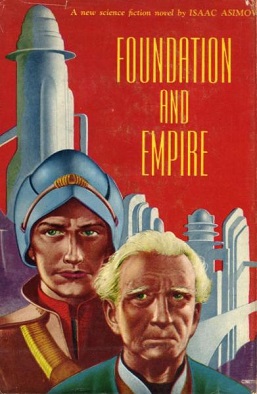
Protestors at the Minneapolis rally against the Ferguson grand jury decision, 25 November 2014. (Flickr: Fibbonacci Blue)
“Nothing on Earth sounds less like freedom to me.” A grand jury decided not to indict Ferguson, Missouri police officer Darren Wilson for killing an unarmed black teenager. Grand juries hardly ever decide not to indict, and Wilson’s testimony before the grand jury didn’t make any sense, but police officers are rarely charged for killing civilians. There are still some options to obtain a measure of justice, but the decision has prompted renewed nationwide protests over our unjust justice system and the deeper racism it supports.
- Reckoning at last. Facing up to Bill Cosby’s history of rape
- Results mixed, at best. Whole Foods tries to attract lower-income customers.
- Paperbacks for victory. How World War II created modern book publishing.
- “… a marvelous theatricality that borders on camp.” Julia Child, queer icon.
- Elegant. Visualizing human history as a chain of ancestry.
- Promising, I think. A new attempt to replace religion with science without being a complete asshole about it.
- The prisoner’s dilemma, still a dilemma. Princeton gives up on fighting grade inflation.
- As if the bioethics issues weren’t enough. It looks like a certain internationally famous safari part is violating laws against trade in protected species.
- And here, finally, is some good news. An ebola vaccine has passed its first trial in humans.





